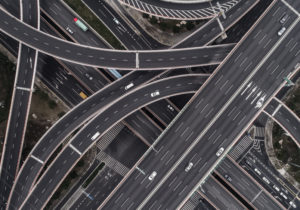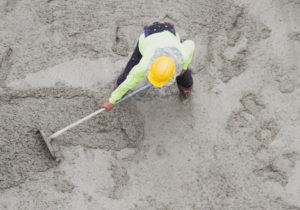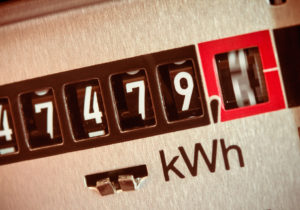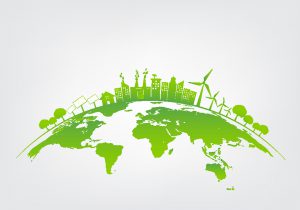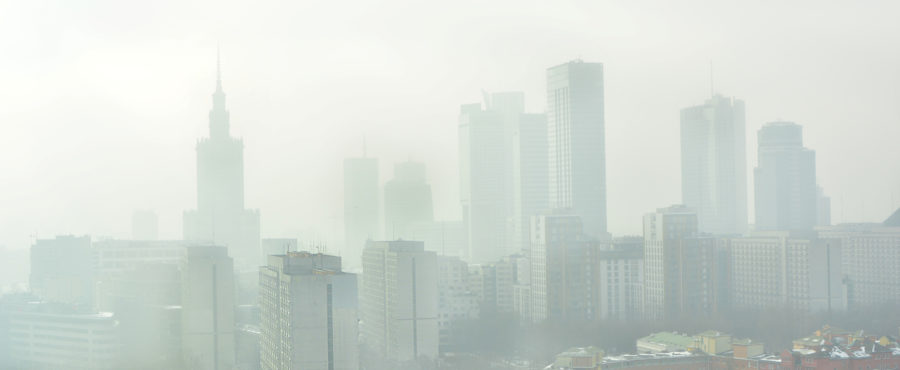
Cool autumn and winter time means the start of the heating season. Though the number of black-smoke-belching stoves shrinks every year, the air in many regions is still toxic. Despite anti-smog initiatives undertaken at the central and local government levels, everyone should take care about the air we breathe in each and every day.
Air pollution in autumn and winter is the so-called the smog of London. Unlike the Los Angeles-type of smog caused by traffic in summer, the autumn and winter smog is caused by toxic fumes from home stoves and fireplaces. “Burning bad quality solid fuels in ineffective stoves is the main issue of Poland’s excessive air pollution. This is the source of nearly a half of the harmful PM10 dust and over 80 per cent of cancerogenic benzopyrene. This shows that the condition of air in our closest surroundings largely depends on ourselves,” explains Anna Żyła, Chief Ecologist in Bank Ochrony Środowiska. Though in autumn and winter, as heating is necessary, it is difficult to replace the heating source, one should think about replacing the current fuel with one of a better quality and hence, more efficient and environment-friendly.
Take a deep breath despite smog
However, if despite the undertaken actions the air in our neighbourhood is still not very clean, it is worth knowing that we may effectively protect ourselves from toxic dust, both at home and outside. When we are inside a building, we may improve the air we breathe in by using an air purifier. How effective this device is depends, among other things, on the types of filters used and also the size of the device. HEPA filters are very effective when fighting smog. According to the current standards, such filters stop particles bigger than 0.3 μm with an at least 99.95 per cent effectiveness[1]. This means they successfully clean the air off of both PM2.5 and PM10 dust. Air purifiers are frequently also equipped with carbon filters, which are very good at stopping substances like benzopyrene. What is important is that to function effectively the device needs to be properly maintained, the filters must be regularly replaced with new ones, at intervals recommended by the manufacturer.
Breathing the air of the right quality, even with high pollution levels, may be possible also outdoors. For that we need to buy an anti-pollution mask. The specialised types of masks have mechanisms similar to those used in air purifiers – they may be equipped, for instance, with HEPA filters. We should remember that the Chief Inspectorate of Environment Protection (GIOŚ), even when the air is sufficiently clean (PM2.5 concentration exceeds 55 μg/m3 and PM10 – 80 μg/m3), recommends everyone should consider outdoor activities[2].
End-to-end pollution limiting concepts
Although one can care for their health even in smog, it is important to undertake actions to limit its harmful impact. In the context of fighting air pollution caused by low-stack emission, both central and local governments are undertaking relevant actions and are supported by commercial initiatives.
The “Clean Air” program carried out by the state-run National Fund for Environment Protection and Water Management (NFOŚiGW) offers subsidies (in the form of compensations, loans or both compensations and loans combined) of up to 90 per cent of the costs of the project, for instance, of the heating source replacement. Such initiatives are actively supported by Bank Ochrony Środowiska, which, among other things, offers preferential terms and conditions of loans for beneficiaries of pro-ecology projects like “Clean Air.”
Local governments are also conducting interesting projects. In October 2019, Bogusław Białowąs, the Management Board President of Bank Ochrony Środowiska, and Ludomir Handzel, the Mayor of Nowy Sącz, signed a cooperation agreement thanks to which the dwellers of Nowy Sącz may care for the health of themselves and their families by using special loans for the replacement of old stoves.
Krakow is a special spot on the map of Poland – this is Poland’s most polluted city. The local regional council decided that starting from 1 September 2019 no-one in Krakow, the capital of the province, is able to use solid fuels not only in heating stoves but also in fireplaces. Only ecological fuels may be used, such as natural gas, propane-butane or agricultural biogas.
Source: Press release
[1] http://www.rynekinstalacyjny.pl/artykul/id4630,nowa-klasyfikacja-wysokoskutecznych-filtrow-powietrza
[2] https://powietrze.gios.gov.pl/pjp/content/health_informations

